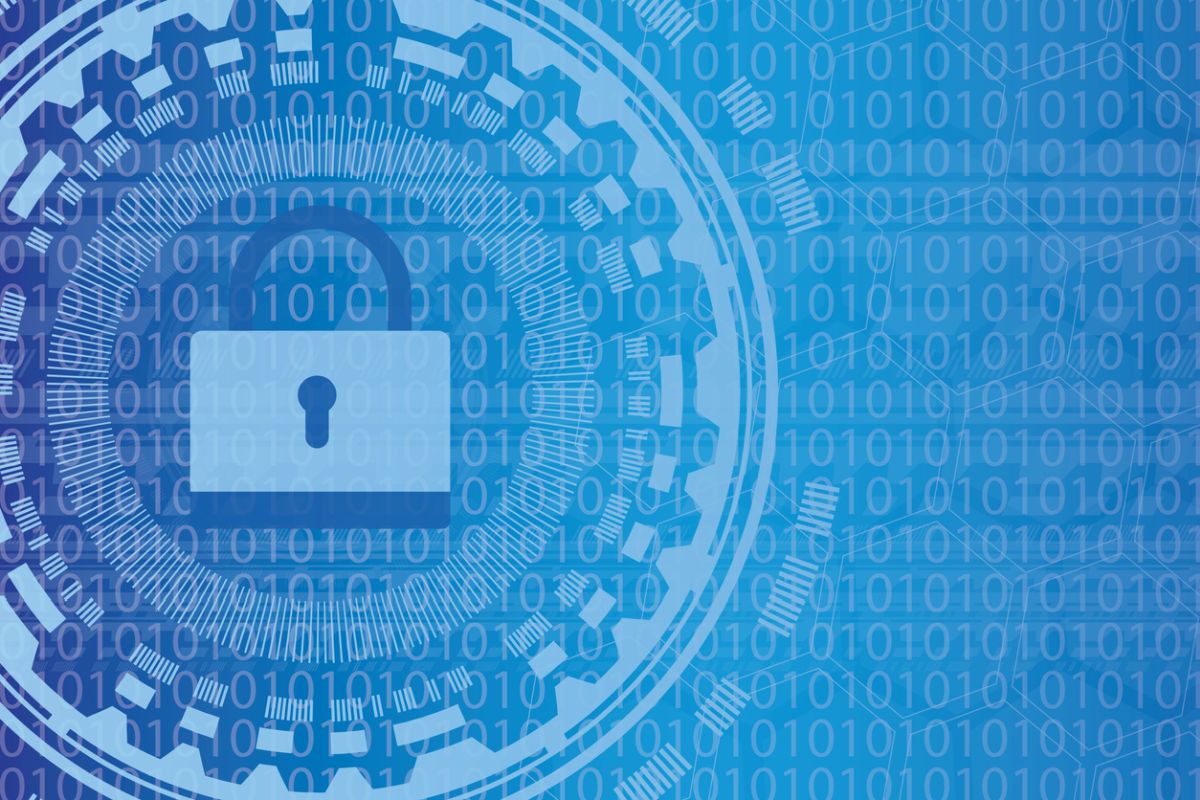The Internet has become a vital part of our life. From work to entertainment, we resort to the web, often at the cost of our privacy leading to the threats of cybercrime. Protection against cybercrime is thus an urgent necessity to ensure social and cultural of the country.
Cybercrime, i.e, offences committed against an individual or a group to intentionally harm the reputation of the victim, physically or mentally by using modern telecommunication networks, encompassing a range of activities like email spoofing and bombing, spamming, cyber defamation, IRC crime, phishing, DOS attack, copyright infringement, forgery, web jacking and more.
Although the constitution has specific cyber laws to check these crimes, they have their own loopholes. Strict laws should be deployed. Most people are unaware of the threats of data leakage and do not consider it as a matter of concern.
Educating the technocrats and creating awareness among masses about cyber vulnerability and mitigation and teaching them how to save their systems against hazardous affects is of primary importance.
NSHM Knowledge Campus, Kolkata, in association with the Cyberops recently presented a three-day workshop on “Cybercrime investigation and digital forensics”. Actively exploring collaboration opportunities in research and education in the fields of computing, analytics and cyber security with reputed universities from the USA, Canada and Europe, the workshop was supported by NCSSS (National Cyber Safety & Security Standards).
Cybercrime consultant and information security professional Mukesh Choudhury, who is also the founder and CEO of Cyberops Infosec, conducted the workshop over two days which covered a wide range of topics – cyber criminals modus operandi, network fundamentals, fundamentals of MAC Address, domain name system, name server, virtual private server, dedicates and shared server.
The second day involved the exploration of credit/debit card frauds investigation with case studies, investigation of phishing cases with case studies, the anonymous methodology used by cybercriminals and fundamentals of computer system forensics, search and seizer techniques and recovery of deleted data with hands-on practice with open source software application for mobile and computer system.
Professionals associated with police/cybercrime/forensics, BFSI and faculty associated with data security, research scholars and college students turned up with great interest and actively participated in the workshop.
An over-populated country like India is not immune to the increasing cyber and computer crime as it is networked internationally, which gives easy access to hackers. As government and business rely on computers so do the criminals.
Since cyber crimes are rapidly growing, cybercrime investigation and security is simultaneously evolving as a career option. Cybercrime investigators help to deter the negative security incidences by solving crimes that are conducted in cyberspace and gathering feedback from those cases that will help secure network from future attacks.
Reputed and well-paid jobs of the technical analyst, digital forensics examiner, fraud detector, investigative supporter, cyber security engineer, intelligence analyst, incident response engineer, trainers, etc are in maximum demand nowadays. Because of the widespread demand in both the public and private sectors, IT professionals have opportunities to work with stakeholders in various fields.
For example, if one gets a job of such an investigator, they can help shut down financial scams, foil international espionage plans within the defence industry, stop privacy infringement or thwart industrial spying in corporations.












